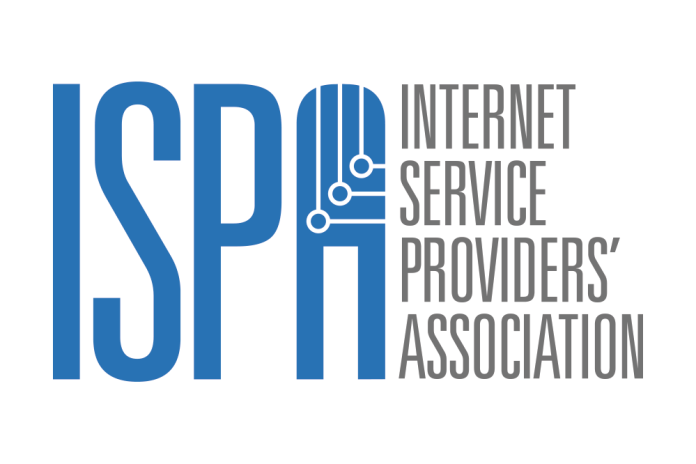
The Internet Service Providers’ Association of South Africa (ISPA) has said that the government needs to consider the impact of load shedding on the cost of providing connectivity and internet access services, as it raises concerns about the cost of communicating in South Africa. The association noted that an erratic electricity supply makes it difficult to run state-of-the-art communications networks and that infrastructure providers are spending millions of rands a day on generator fuel, alternative power sources and base station security. ISPA suggested that if the new Minister of Communications would like voice and data costs to drop faster, the country’s communications infrastructure providers should not have to bear these costs.
ISPA also expressed concerns about the previous incumbent’s intention to issue a policy direction to the Independent Communications Authority of South Africa (ICASA) to conduct a study on other jurisdictions regarding lowering the cost to communicate independently of market forces. Market forces have already substantially reduced South Africa’s cost to communicate since the days of the government-sanctioned Telkom monopoly, with the country’s privately-run ICT sector doing well even while being constrained by the publicly-run energy sector. In particular, ISPA pointed to the successful March 2022 spectrum auction, which obliged successful bidders to provide a platform to accommodate mobile virtual network operators (MVNOs). Winners must launch at least three majority black-owned MVNOs, which will help boost competition and participation in the ICT economy. As a result, competition in the provision of mobile voice and data services is increasing, which will reduce costs in the short term and in line with ISPA’s legal, regulatory and other pro-competition interventions over the years.




